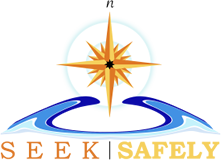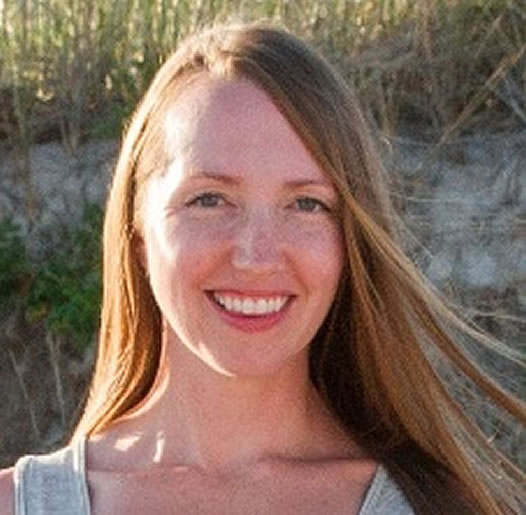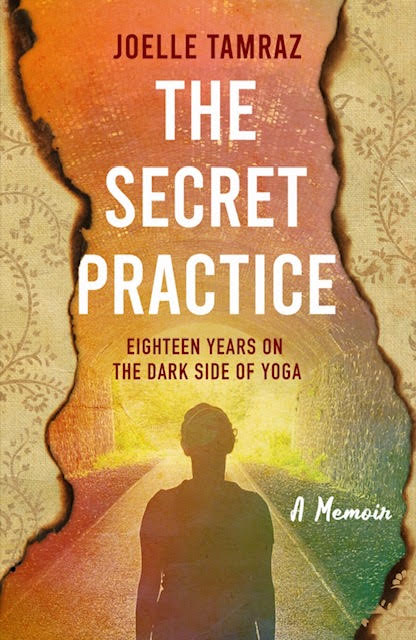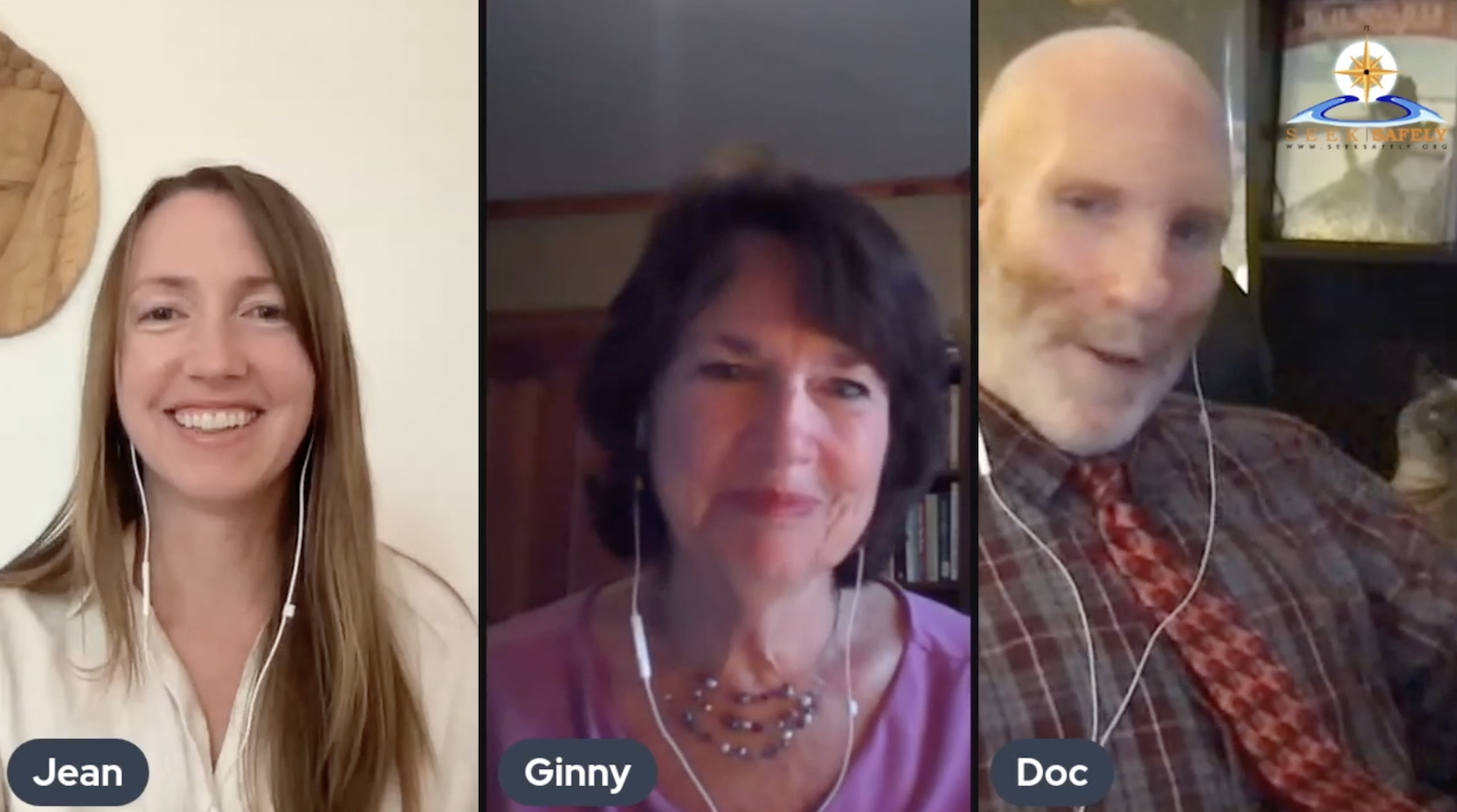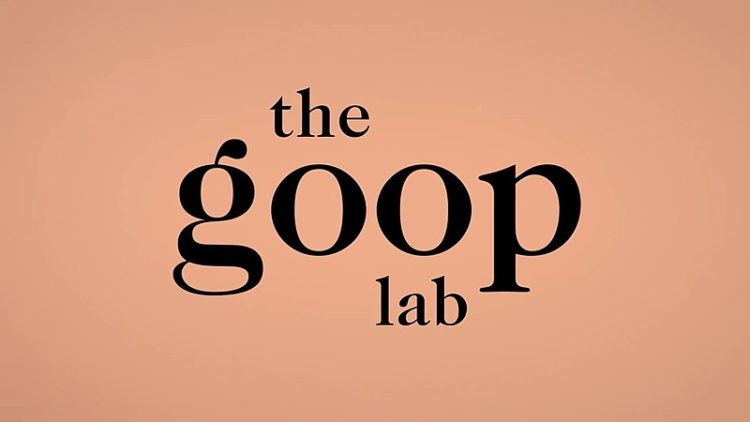
Confession: I really like Gwyneth Paltrow. Despite how ridiculously privileged and out-of-touch she often sounds, there’s something about her that has always drawn me. Even her pretension somehow comes across as authentic.
I have shuddered at her evolution into wellness guru through her “lifestyle brand,” Goop. I want to roll my eyes, shrug it off, and go on liking her in spite of it, but I can’t ignore things like its irresponsible product claims or more broadly, that Goop is a shining example of a booming “wellness” industry that is full of false claims, unlicensed practitioners, and untested information that sometimes proves dangerous; an industry that is frequently anti-science in its fervour for alternative treatments and approaches to health, both physical and emotional.
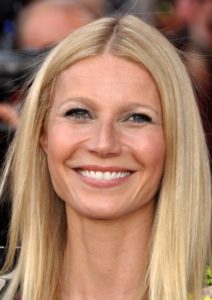
My tension over all things Gwyneth is pulled even tauter now that Goop has a Netflix special, The Goop Lab. Part of me wants to tell everyone to just run! But I also feel strongly that it’s irresponsible to criticize something without actually watching it.
So, I watched (I even made notes!).
Each episode takes on a different topic, with Goop employees, and sometimes Gwyneth herself, acting as guinea pigs in these various experiences. It makes for good TV, no doubt. But I do have concerns. Here are my impressions, the good and the worrying.
The Good
Disclaimer
The show opens with a disclaimer that it is meant to “entertain and inform, not provide medical advice” and that you should always consult your doctor before undergoing any type of treatment. Whether this came from a sense of responsibility or a legal team’s advice, I’m just glad it’s there.
Use of Experts
The show bounces back and forth between the team’s experience and Gwyneth discussing the treatments with experts. Although I have more to say on this in my list of concerns, I do appreciate hearing researched perspectives. And these experts sometimes drop in cautionary notes about the newness of the field, the limitations of the treatments, or the idea that they should only happen in a clinical setting with experts.
Exploration of Emerging Areas of Inquiry
I think that some of these topics are truly worth exploring. The best scientists are the ones who never claim that science has all the answers. The idea that there may be other ways, beyond our current arsenal of accepted treatments, of managing both physical and mental health conditions is valid. We should be raising questions about the overuse of pharmaceuticals and exploring more of a wholistic, integrated approach to wellness. Even exploring the veil between the physical world and the spirit world, as The Goop Lab does in the final episode featuring a “psychic medium,” is an interesting topic. There’s a lot we still don’t know; there’s value in having an open mind.
Episode 3
Episode 3, “The Pleasure is Ours,” focuses on the topic of female sexual pleasure. It features Dr. Patty Dodson, a long-time advocate of female pleasure who’s written a number of books and runs workshops.
Frankly, this episode stood out to me, and apparently others, as featuring an important topic that has long been ignored. It was the least “woo woo” of the episodes, and also raised the fewest red flags to me. I also feel it offered the most in terms of actual empowerment for real women. This one is worth watching.

The Worrying
Promotion of Treatments that are Unregulated
Most of the issues covered in The Goop Lab are emerging areas of study, still considered experimental, still undergoing research, and currently unregulated. While the end game for Goop is, I think, occupying the space of being “experimental,” “wholistic,” “cutting-edge;” the result in practical terms is that they are touting the supposed life-changing benefits of untested treatments, effectively creating a demand for these things. There are people out there ready to fill that demand. Without proper accreditation, pretty much anyone can claim to be an “expert” in one of these areas. What happens when a viewer sees something in GoopLab and says, “I need that!” and then they Google a local “practitioner” who is ultimately going to provide an unsafe experience? It’s worrying.
There’s also a big opportunity for abuse. It’s easy to imagine predators taking advantage of their “patients” who are under the influence of psychedelics, or are experimenting with energy healing, and explaining away inappropriate touch as part of their “therapy.” The stakes are high when we make ourselves vulnerable, and I just don’t feel this is highlighted strongly enough in the show.
Overstated Claims
In many of the episodes, the “experts” make very broad claims about the benefits of their treatments. Fasting, cold immersion, and energy work are promoted as cure-alls for a variety of issues, both physical and mental. It’s scary to think that someone may forgo a proven medical treatment for an illness because they are instead relying on an alternative treatment to cure them. People die because they are advised against seeking valid medical interventions. It is easy for alternative medicine practitioners to shrug off these “anomalies.” It’s the families and friends of the victims who suffer.
The Infomercial
Some of the episodes are clearly pushing a specific product. For example, in the episode on longevity, Gwyneth does a fast using the doctor’s “fast-mimicking” nutrition regime. And surprise! this diet proves to have the greatest impact on Gwyneth’s “biological age” (itself a controversial concept), compared to her staffers who try different diets. Monetizing health in this way feels pretty icky to me.
Cultural Appropriation
Early in the first episode of The Goop Lab, the one in which they go to Jamaica to do psychedelic mushrooms, one of the therapists explains how the Indigenous people who’ve used psychedelics for thousands of years think that the Westerners now using these psychedelics are a little weird. She dismisses these impressions as the Indigenous people just not understanding where the Westerners are coming from. This is a huge red flag for me. Modern self-help is rife with appropriation of Indigenous traditions from all over the world.
I personally believe we should be paying attention to Indigenous people’s knowledge, because there is so much knowledge there to explore. However, we run into big problems when we embrace the practice but dismiss the practitioners. Why are there no of these Indigenous elders present? Why can we not hear more about their perspective on the Western use of their tradition? At the least, it’s yet another example of white people stealing Indigenous knowledge and benefitting from it, while leaving the creators of that knowledge out of it. At the worst, it can be dangerous. The sweat lodge that killed my sister is exactly this. A white guy took an Indigenous tradition without properly understanding it. He tried to “improve” it. He misused it. He misled his customers about his knowledge and ability to use the tradition. And then as a result of his lack of understanding and his hubris, three people died. We have to stop doing this.
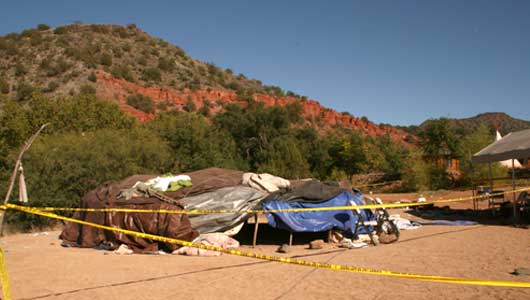
Questionable Credentials
At first glance, it seems that GoopLab has done its homework. Many of the featured experts have lots of letters after their names, like PhD and M.D. But it’s not that simple. Even with the episode I love, the expert received her PhD in “sexology” from an unaccredited, for-profit educational institution. In other cases, the experts have credentials in fields that are unrelated to issues they are treating with their therapies, such as the chiropractor who claims to heal trauma with his energy healing work. The show could use more nuance in explaining the background of the experts they feature.
* * *
In other words, what I really want with The Goop Lab is more, believe it or not! More discussion about the limitations of these treatments. More openness about the dangers of the average person seeking out an unlicensed practitioner. More recognition about the origins of some of these practices. More transparency about the backgrounds and abilities of their “experts.”
I realize that this doesn’t make good TV. There’s not space in the whitewashed, minimalistic Goop aesthetic for cloudy nuance. But, that’s kind of the rub, isn’t it? When we’re dealing with issues that can have big potential impacts on people’s physical or mental health, there’s a responsibility to present accurate, detailed information. I just don’t see Goop or Netflix showing an appreciation for their level of responsibility.
That said, I was entertained. Just take it with a grain of salt, please.
